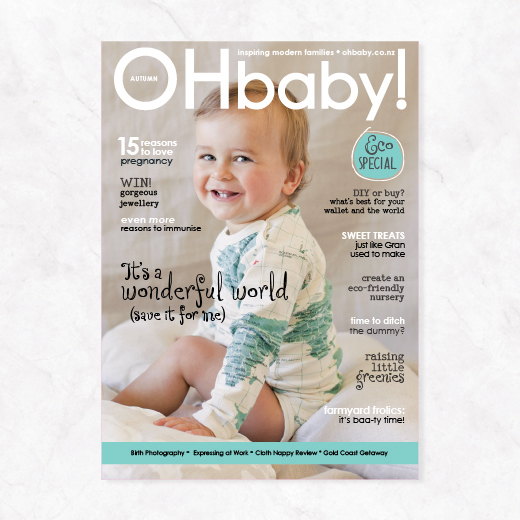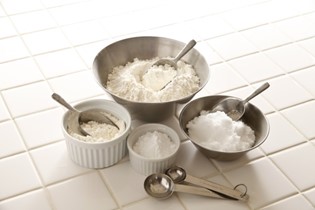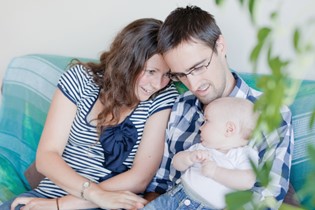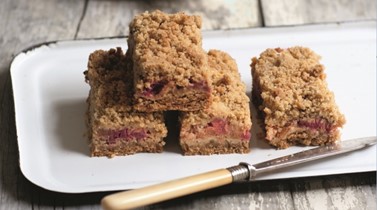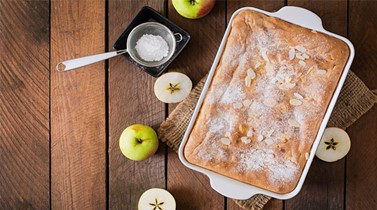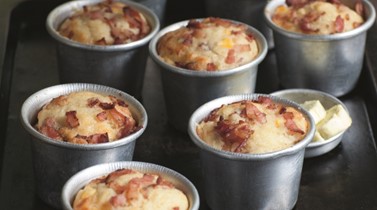Motherhood - Three Top Authors Reflect

To celebrate Mother’s Day in May we asked three authors to contribute their reflections on motherhood — the good , the terrifying and the down-right amusing.
IN THE WORDS OF…
Cathy Kelly, best-selling fiction author
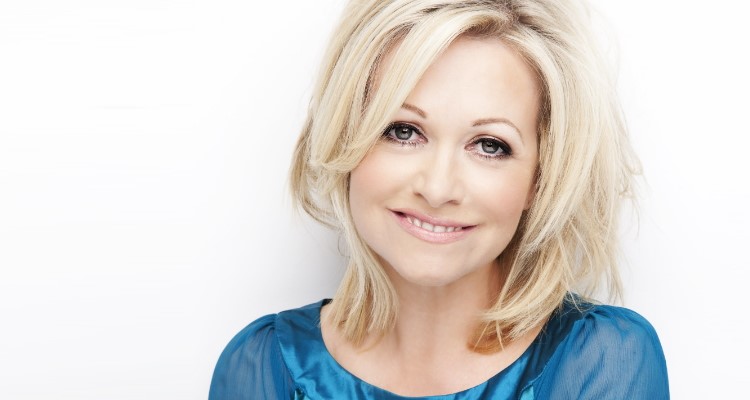
When you’re expecting twins and are five foot (1.52m) tall, people generally clamp a hand to their mouths and say, “But you’re tiny, how will you manage….?”
It was the “…” that used to scare me. What was going to be so awful? Why was being so short a problem? Did maternity hospitals have a “you cannot get on this roller-coaster unless you’re this tall” sign at the entrance?
Like so many parts of motherhood, it was all very mysterious.
I was 37 (almost elderly in hospital terms), expecting my first children and I knew nothing. The last time I’d changed a nappy, I’d had to pin my baby godchild to the bed between my knees while my mother laughed her head off.
So I did what I do best — I read. I read baby magazines, inhaling all the gory birth details, decided there was no point to a birth plan because the babies wouldn’t have a copy of it, and went regularly to the maternity clothes shop with the fake bump cushion so I could imagine myself with a visible bump.
Soon, I had a visible bump and eventually, it stuck so far out in front that I had lower back disc problems. Now I understood the whole twin pregnancy/small person problem.
I read funny baby books and serious baby books. I read nutrition books for twin pregnancies. I ate ice cream and muffins because the book said so.
The obstetrician told me that as I was small, a Caesarean section was the right option to make sure of a safe delivery. So I didn’t go to any of the antenatal classes, which was probably why, when I went into hospital, I brought three books, two of which were novels.
I know. Ridiculous.
You see, I had seen those pictures of calm women lying in bed with equally calm, dewy-skinned babies beside them. I could read and lie in bed with my babies. This was my plan. It was an earth-mother sort of plan. Total madness.
At precisely 38 weeks, Dylan and Murray made their appearance into the world after a scheduled C-section (which was just like my friend had said — a feeling that someone was searching for something in your handbag if your handbag was your womb).
Two hours later, alone in my room and still on a drip and dizzy with love, I realised that these fabulous six-pound (2.7kg) babies (I know! Huge for twins and for a small person — it was all the ice cream) were in my total care.
I hauled myself out of the bed despite instructions to stay in it and ring the bell.
The nurses were busy and I hate asking for help. I would do this. Chained by the drip, I changed nappies, fed my sons, and slept with one eye open when I slept at all. The boys had a twin game going: one would sleep while the other one was awake. This made Mummy deranged from lack of sleep which is the final secret of early motherhood.
Sleep becomes as precious a jewel as diamonds. You think about it but you never get it.
I was terrified of breastfeeding (I did it but I hate other people making mums feel bad if they don’t — we are all different), on the narrow hospital bed in case I fell asleep and my babies fell out.
Hilariously, the nurses insisted I breastfed both boys at the same time at least once.
You need arm muscles like Madonna to do this and a sense of humour. But wow, when you do it, you feel you’ve got something right…
Nine years on, Dylan and Murray are the beings far more precious than jewels. Every day, I think how lucky I am to have them and my husband in my life. I love motherhood and try so hard at it but, like everyone else, I get it wrong plenty of times, and have days when I yell crossly to people to pick up their runners. But moments later, I tousle the untidy person’s hair and tell him I love him.
If I had one message to new mothers it would be this: trust your own instincts. You know far more than you think. This is the start of the most wonderful, loving adventure in your life.
Cathy Kelly is an internationally successful author with 13 novels under her belt. She lives in Ireland with her husband and sons.
IN THE WORDS OF…
Natalie Oldfield, cookbook author and owner of Dulcie May Kitchen.
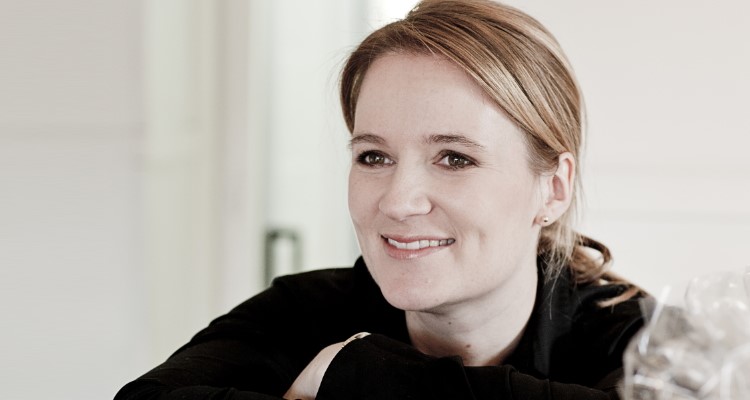
It was a blessing. It was at a very early age that motherhood was gifted to me so...
- A learning curve
- The best thing that happened to me
- The most special moment of my life
- My biggest and best achievement
- The thing that keeps me awake at night
- Makes me angry
- Makes me cry
- Gives me life
- Makes me laugh
and wow does the list go on!
How can it be that one human being can cause so many emotions?
My daughter Gabrielle is now 17 and not a day goes by that I don’t feel like I am the luckiest woman in the world to have made such a beautiful person.
It was just a few weeks after my 19th birthday that I gave birth to my daughter. After only six hours of labour, Gabby was born at 11.49pm on Labour Day 1995, and what a Labour Day it was!
By my side was my now husband, and Gabby’s dad, and my mother who, at the time, was battling a particularly bad diagnosis of breast cancer. In my mother’s words “Gabby was an angel” and to this day one of my uncles still calls her “Angel” not Gabby. She was a light during a really low time in my mum’s world as she fought to survive on this earth. I know Gabby played a big part in keeping my mum’s spirit alive.
I will never forget that moment of her birth, the joy that it brought to my husband and I to be able to share the wonder of creation together. Although it seemed such a traumatic time for both our families, as we were so young, it was also exciting and she was loved so much more than we could imagine.
On occasion, I think it would have been nice to have a brother or sister for our daughter, but at the time our young age was a factor in not having more and now we believe it was the perfect decision.
In my circle of friends I know of a few people who can’t have children or who struggle to do so. I realise that motherhood is a privilege even though it brings with it such a mixture of emotions.
In many aspects your children are what you live for and although I believe this to be true it has been interesting along the way to learn how to get the balance of finding time for each of us, because, as a parent, you want to give everything you have to your children. My gran taught me the importance of being who I wanted to be without regret so that I could be the best mother to my daughter.
Early on in my marriage and in Gabby’s life my husband and I made a decision for me to be a stay-at-home mother. I always worked part-time once Gabby was at school, which allowed me to drop her at school and pick her up at the end of the day. This is one of the things that I have enjoyed most in my relationship with her.
Driving her to school we get the chance to talk about our day ahead. I try to make sure this is a time we can enjoy together. It also doesn’t have to be about talking, it could be listening to her favourite new music which is not always my favourite, but I love knowing what she loves.
Then there is the other side when it doesn’t always work that way as sometimes girls just don’t feel like talking or sharing and that’s okay. She knows that if she wants to talk she can and it keeps the communication lines open.
Also, I believe having my daughter at such a young age gave me a greater appreciation of time spent with family early on, rather than waiting until I was older and perhaps missing those moments with Gran and my daughter’s life together. My grandmother’s generation worked so hard to achieve their goals and dreams and I wouldn’t be who I am now without the example that my grandmother and mother gave me when nurturing my family.
So for me motherhood is a privilege and my biggest achievement to date.
Natalie Oldfield is the author of four cookbooks, and owner of Dulcie May Kitchen Store in Mt Eden, Auckland. The store is Natalie’s tribute to her grandmother, Dulcie May Booker, and the love of cooking she inspired.
IN THE WORDS OF…
Betty Gilderdale, co-author of The Little Yellow Digger.
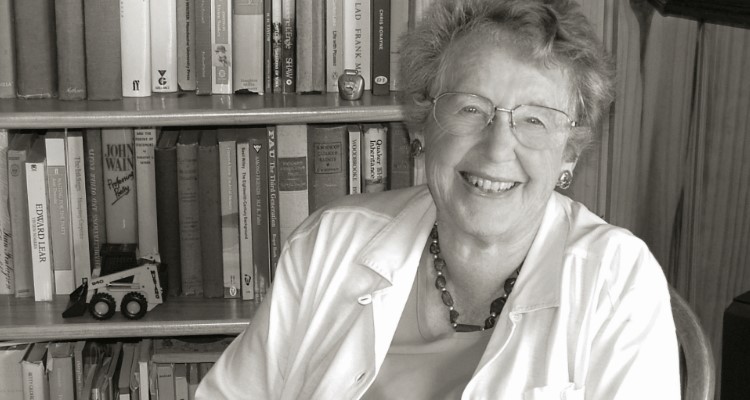
I think one of the first problems confronting me as a young mother was that the baby had not read the same books on child-rearing that I had. By the arrival of our fourth child I had accepted the fact and had become philosophic about it.
Take sleep, for instance. Our first child slept peacefully all through the night. She was a textbook baby. If she had been our only child I would have said, “There, you see, it’s all a matter of management.”
But our second child was not quite as good, the third was worse and our fourth child never gave us a complete night’s sleep until he was two years old. So much for management!
Then, even if the baby has been quite good, in the fullness of time he turns two.
Our children were born in England not long after the Second World War. There were comparatively few books on child-rearing. The Health Visitor (equivalent to Plunket) came periodically to see that all was well but ceased coming when the child turned two. Yet it was at this stage that our daughter, who had been a model baby, started screaming if she could not get her own way.
What was to be done? My mother and my mother-in-law gave dire warnings, “If you don’t control that child you will make a rod for your own back.”
That was all very well, but how to control her? Then I heard a talk on the radio about child management. The speaker said, “Avoid commands that can be defied. If you make a request not a command, there can be some negotiation.”
Thus not, “Say ‘Good morning to Mrs Smith.’” Nothing can make a child say “Good morning”. So you have been disobeyed and have put yourself in a humiliating position. If you ask, “Are you going to say ‘Good Morning’ to Mrs. Smith?” and the child says, “No.” You can respond with, “Oh well, I thought you might like to.”
“The heat has been taken out of the situation and you have not given the child practice in disobedience.”
I mention this advice because later on when I had occasion to teach disturbed children, I found it a very useful technique that led to dialogue rather than confrontation.
I had to learn child management as I went along because we lived in the country. There was neither kindergarten nor Playcentre and not many other children nearby so the children and I just had one another. Thankfully, we had no television but I found that they amused themselves quite well in the mornings, then came a rest after lunch and an afternoon walk followed by tea, baths and story time.
I learnt the importance of story time when our children were young and I taught English in evening institutes. Many of my students were young men who were intelligent, had often passed exams in mathematics yet had failed in English. Why? Because they did not read. Why did they not read? Because they had never been read to and had never developed a love of books. This discovery made me determined to read to our own children so late-afternoon storytime was an important time for us all.
It so happened a renaissance of good literature for children was under way. Suddenly, splendid writers were published, such as JRR Tolkien and CS Lewis. New developments in colour printing made picture books more attractive and New Zealand’s Margaret Mahy was in the forefront of this movement with wonderful stories such as The Lion in the Meadow.
It was this knowledge of contemporary children’s literature that led to my appointment as a college of education lecturer when we came to New Zealand and to the formation of the Children’s Literature Association, now “Storylines”.
So, I’m grateful to my four babies. They taught me as much as I taught them and we shared a great deal of fun together — something that perhaps should be the ultimate aim of motherhood.
Betty Gilderdale co-wrote the popular Little Yellow Digger series as well as being an academic and expert on children’s literature. She even has an award named after her — the Betty Gilderdale Award for Services to Children’s Literature.

AS FEATURED IN ISSUE 21 OF OHbaby! MAGAZINE. CHECK OUT OTHER ARTICLES IN THIS ISSUE BELOW
